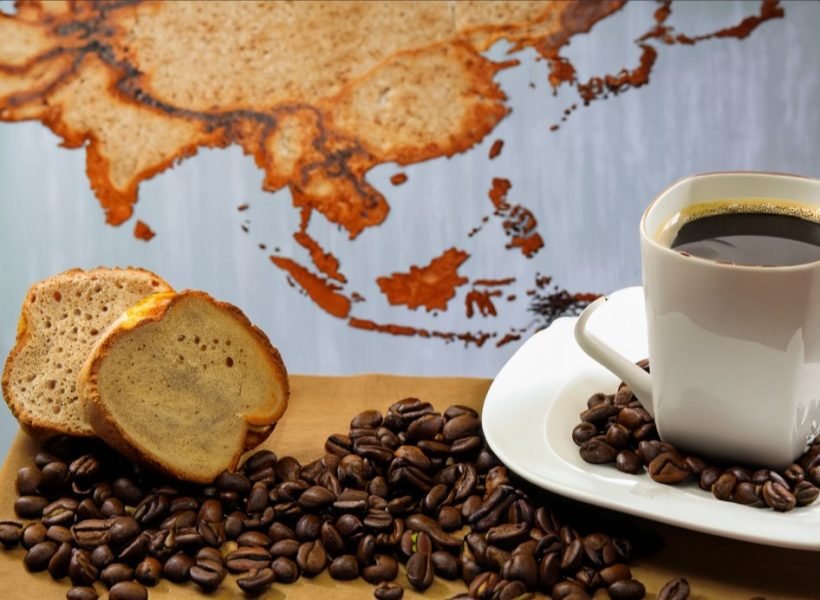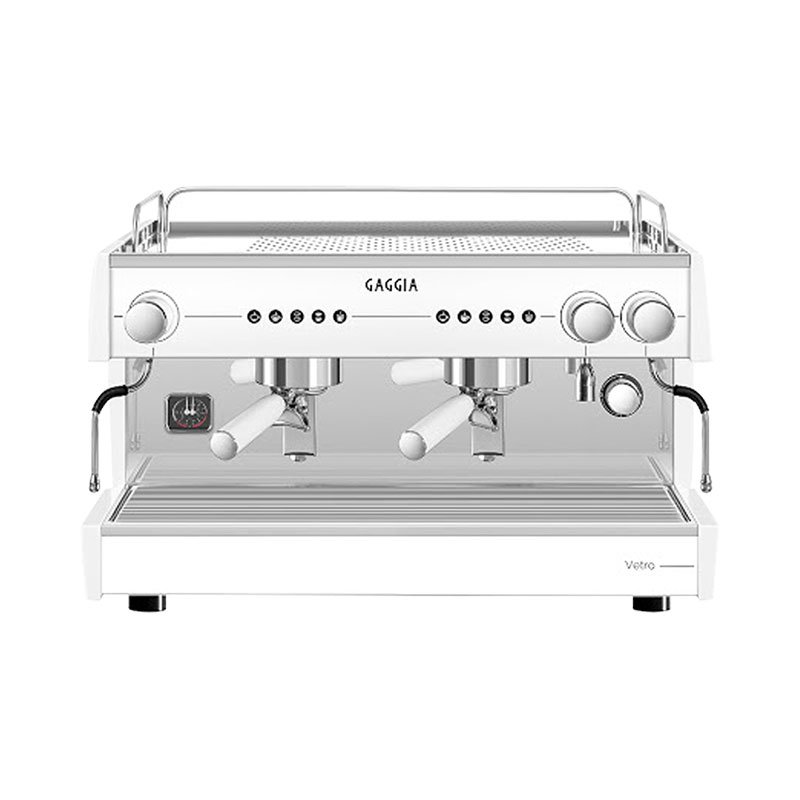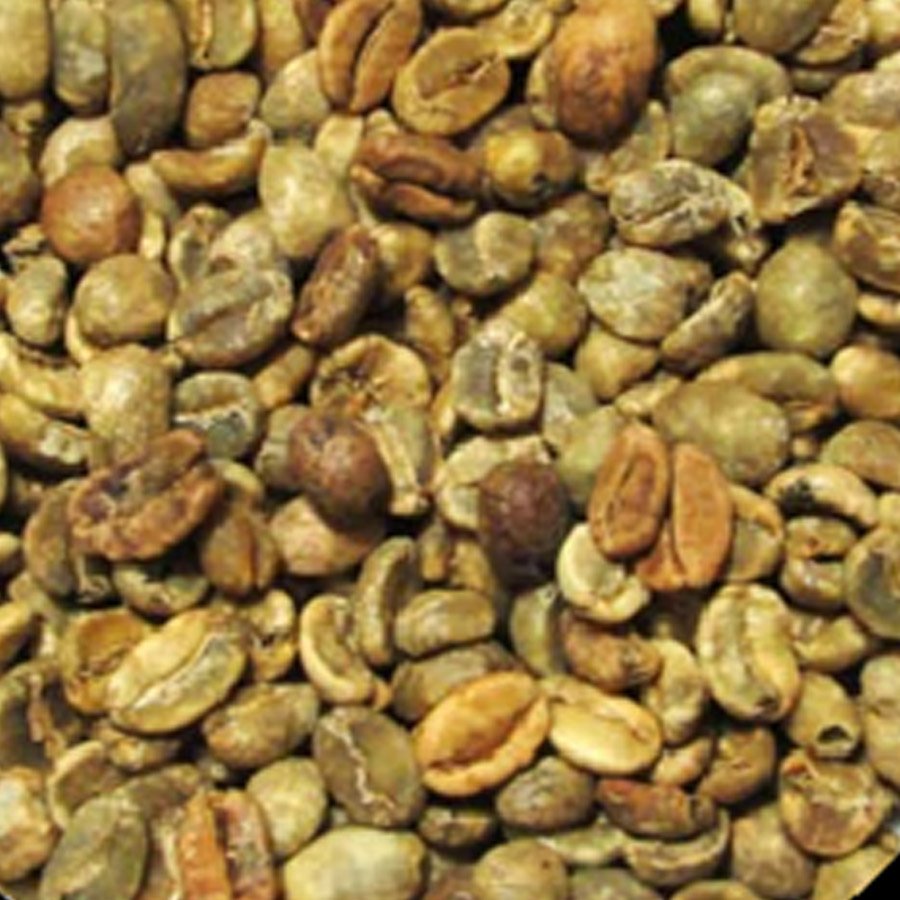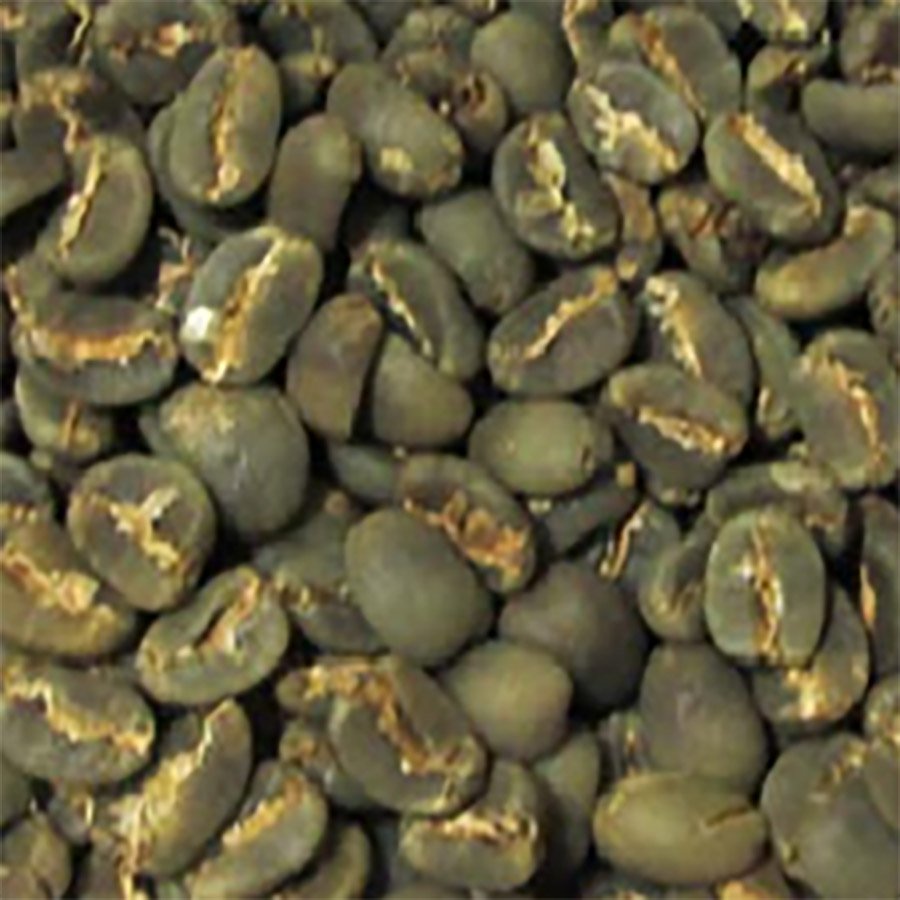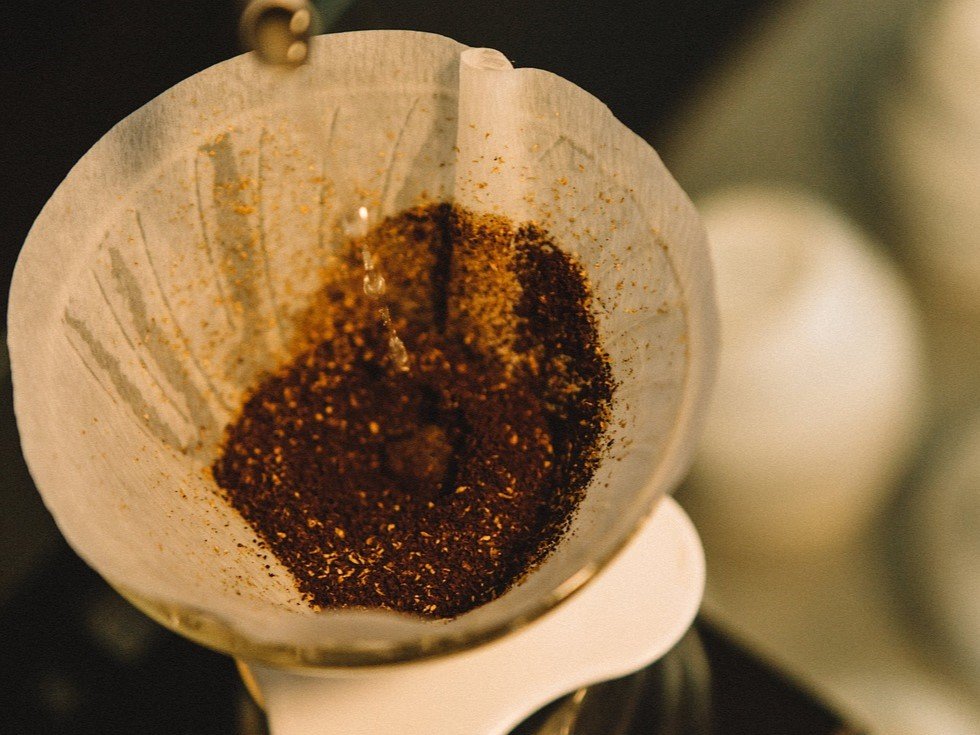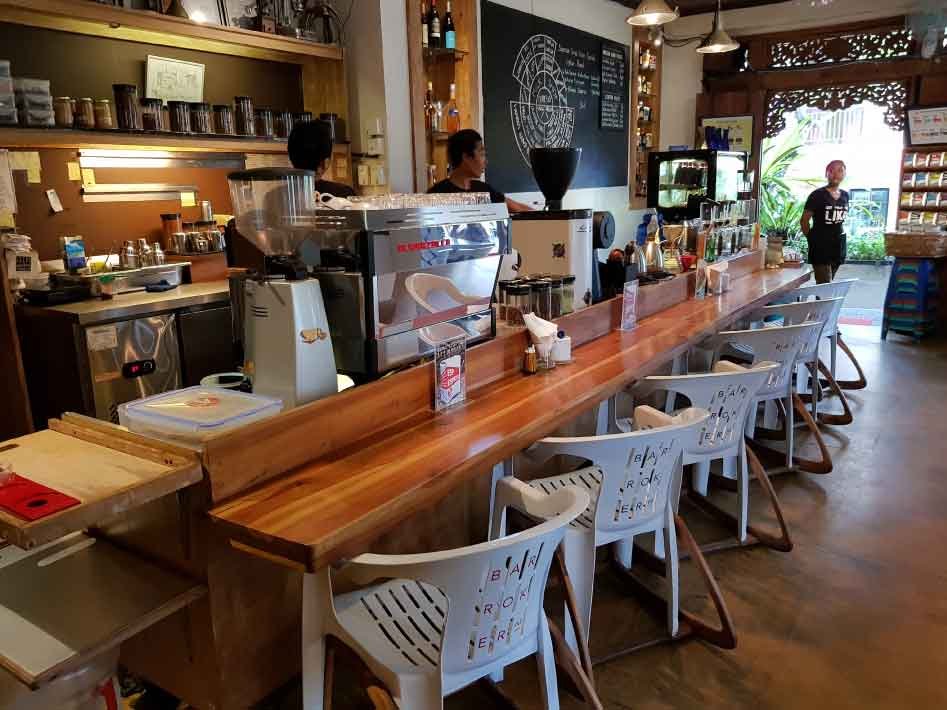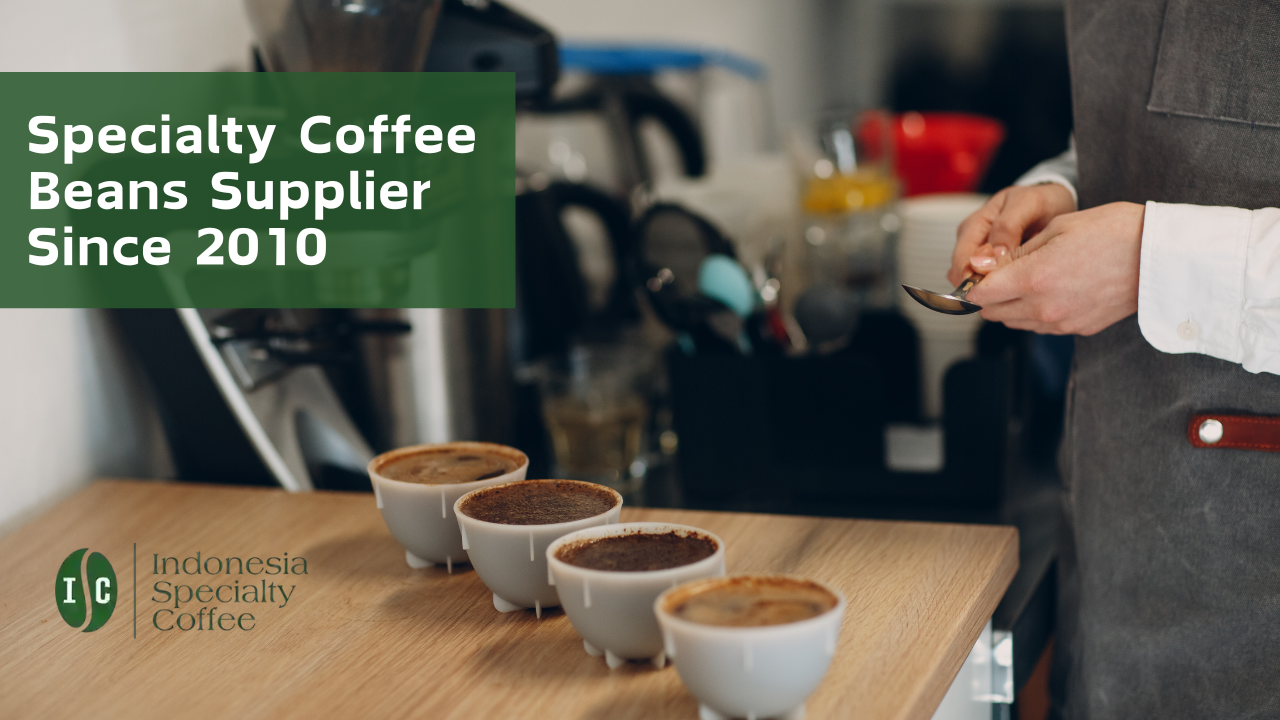Indonesia is a land of immense natural beauty and a rich cultural tapestry. Beyond its stunning landscapes and vibrant traditions, Indonesia is renowned for its coffee. In particular, Indonesia Arabica green coffee beans have carved a niche in the world of coffee connoisseurs, captivating taste buds with their unique flavors and stories that are deeply rooted in the country’s heritage.
Indonesia’s Coffee Legacy
Coffee cultivation in Indonesia has a long and storied history, dating back to the late 1600s when the Dutch East India Company introduced coffee plants to the archipelago. Today, Indonesia is one of the world’s largest coffee producers, with a reputation for cultivating some of the finest Arabica beans.
Arabica coffee thrives in the high-altitude regions of Indonesia, notably in Sumatra, Java, Bali, and Sulawesi. The volcanic soil, ample rainfall, and tropical climate create the ideal conditions for Arabica coffee plants to flourish. But what sets Indonesia’s Arabica green coffee beans apart from the rest?
The Unique Flavor Profile of Indonesian Arabica
Indonesia’s Arabica coffee is celebrated for its distinct and complex flavor profile. These beans are known for their earthy, herbal, and spicy notes, often accompanied by a full-body and low acidity. The uniqueness of Indonesian Arabica green coffee beans can be attributed to several factors:
- Processing Methods: One of the most defining characteristics of Indonesian coffee is the traditional wet-hulling method known as “Giling Basah.” This process involves removing the coffee cherries’ outer skin and most of the pulp while the beans are still relatively wet. It imparts a distinctive flavor and contributes to the beans’ bold body.
- Terroir: Just as wine is influenced by the region where the grapes are grown, coffee too takes on flavors from its specific terroir. The diverse geography of Indonesia, with its volcanic soil and varying microclimates, results in a wide range of flavor profiles within the Arabica beans grown across the archipelago.
- Shade-Grown Coffee: Many Indonesian coffee farms follow sustainable and traditional practices, growing coffee under a canopy of shade trees. This environment encourages slower bean development and, consequently, more complex flavors.
- Unique Varietals: Indonesia is home to some distinctive Arabica coffee varietals, such as Typica, Catimor, and Timor Hybrid. Each varietal contributes its own flavor nuances to the final brew.
Indonesia’s Arabica Green Coffee Regions
Let’s explore some of the key regions in Indonesia known for producing exceptional Arabica green coffee beans:
- Sumatra: Sumatra is synonymous with Indonesian coffee. Coffee from this region, such as Mandheling and Lintong, is famous for its earthy, herbal, and sometimes spicy notes. The processing method, combined with the volcanic soil, results in a truly unique cup of coffee.
- Java: Java is another iconic coffee-producing region in Indonesia. Java coffee is known for its smooth, slightly sweet flavor profile, often with hints of nuttiness. The island’s long history of coffee cultivation adds to the allure of Java coffee.
- Bali: Bali is renowned for its organic coffee production. The coffee here often has a clean, bright acidity, complemented by herbal and citrusy notes. Bali’s picturesque landscapes and traditional farming methods add to the charm of its coffee.
- Sulawesi (Celebes): Sulawesi is known for its Toraja coffee, which is characterized by its full body, low acidity, and unique herbal and fruity undertones. The region’s high-altitude farms contribute to the exceptional quality of Sulawesi coffee.
Sustainable Practices and the Future of Indonesian Arabica
Sustainability is at the forefront of the Indonesian coffee industry. Many farmers are embracing environmentally friendly practices, such as shade-grown cultivation, organic farming, and fair trade partnerships. These efforts not only benefit the environment but also support local communities and ensure the future of Indonesia’s coffee heritage.
Furthermore, Indonesian coffee has earned several certifications, including Fair Trade, Rainforest Alliance, and Organic, underscoring the commitment to ethical and sustainable coffee production.
Conclusion: A Journey Through Flavor
Indonesia Arabica green coffee beans represent a journey through flavor, offering a unique taste of the country’s rich coffee heritage. From the fertile volcanic soils to the traditional processing methods and distinct terroirs, each cup of Indonesian Arabica tells a story of a land with a deep coffee legacy.
As coffee enthusiasts continue to explore the world of specialty coffee, Indonesia’s Arabica green coffee beans remain an intriguing and delicious destination. Whether you savor it in a small local cafe in Bali, a bustling Jakarta coffee shop, or in the comfort of your own home, Indonesian Arabica is an invitation to embark on a sensory adventure through the heart of the archipelago.

